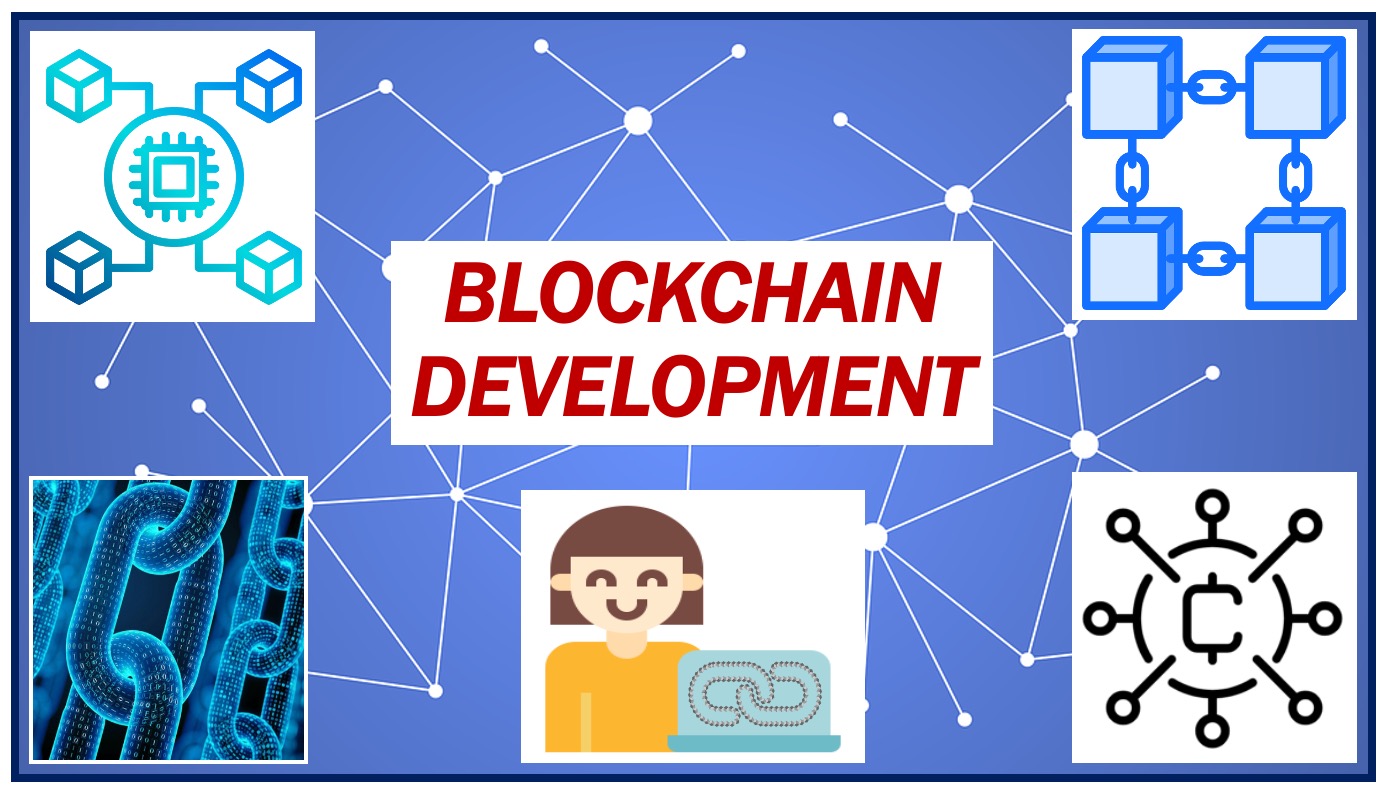Overhauling Legacy Frameworks: The Role of Distributed Ledger Technology Agencies
In today’s rapidly evolving tech environment, companies face the daunting challenge of modernizing their legacy systems while keeping up with the demands of a digital economy. Legacy systems, often antiquated and ineffective, can hinder growth and innovation. Enter the world of blockchain development, leading the charge in revolutionizing conventional methods through the power of decentralized technology. Such companies provide specialized expertise that not only helps businesses understand the potential of blockchain but also aids the smooth incorporation of this tech into current systems.
The function of these agencies extends far beyond mere implementation. They act as allies, leading organizations through the challenges of adopting blockchain technologies tailored to their unique needs. By tackling issues such as security, openness, and scalability, these agencies enable businesses to overhaul their outdated infrastructures effectively. As more companies acknowledge the value that blockchain brings, the collaboration with specialized development agencies grows more crucial in achieving groundbreaking and effective operational models.
Grasping Old Systems
Legacy systems are often identified as outdated computing systems, tools, or applications that are still in use. These systems have been integral to business operations for a long time, yet they can pose significant challenges due to their lack to integrate with up-to-date technology. Businesses that utilize these systems may find themselves impeded by barriers in operational capabilities, assistance, and protection, which can impact their total efficiency and market position in the market.

One of the key issues with legacy systems is the high cost related to maintaining them. As technology advances, the gap between old systems and modern standards increases, rendering it more expensive to modernize or maintain these solutions. Many enterprises face difficulties locating professionals proficient in antiquated programming languages or technologies, leading to heightened reliance on a shrinking pool of expertise. This scenario creates potential risks as well, as outdated systems may not be aligned with current regulations or security protocols.
Moreover, the rigidity of legacy systems can hinder innovation. In an era where businesses must respond quickly to changing market demands, using outdated technology can hinder organizations from pursuing new opportunities or implementing advanced technologies. This challenge often requires a calculated approach to modernization, where blockchain development agencies come into the frame. By employing blockchain technology, agencies can help businesses move from these legacy systems to more agile and effective architectures, allowing for improved operational capabilities.
How Distributed Ledger Development Agencies Drive Transformation
Distributed Ledger technology agencies play a crucial role in revolutionizing conventional systems by incorporating distributed ledger technology into current infrastructures. They offer skills in detecting inefficient processes and assessing how blockchain can improve performance, safety, and transparency. This collaboration helps organizations understand the prospective benefits of adopting decentralized solutions, ultimately leading to better-informed strategic decisions.
Furthermore, these agencies provide customized solutions that resolve the distinct challenges faced by individual organization. By modifying distributed ledger applications to meet individual needs, they guarantee that businesses can utilize the system more effectively. This practical approach allows organizations to transition smoothly from traditional systems to cutting-edge solutions, reducing resistance to change and improving user adoption.
Finally, blockchain development companies help organizations throughout the implementation phase, providing continuous training and maintenance. Their experience helps clients manage technical complexities and regulatory issues that may occur during the transition process. By acting as dependable partners, these agencies enable organizations to completely leverage the benefits of blockchain, creating the way for a more optimized, protected, and up-to-date operating environment.
Case Studies: Successful Implementations
One noteworthy example of a blockchain development agency 's influence can be found in the finance industry. A leading financial institution partnered with a blockchain development agency to update its legacy transaction processing system. By implementing a distributed ledger solution, the bank achieved significant reductions in transaction time and costs. The agency's knowledge allowed for seamless integration with current infrastructure, leading to enhanced clarity and security. This implementation not only enhanced operational efficiency but also increased customer trust in the bank's services.
In the logistics sector, a different blockchain development agency revamped a major retailer's logistics operations. The retailer faced issues related to tracking products and ensuring genuineness. By leveraging blockchain technology, the agency created an immutable record of each product's journey from vendor to retail location. This enabled real-time tracking and validation of goods, addressing issues such as deception and product recalls. As a result, the retailer experienced increased visibility in its supply chain and improved supplier relationships, ultimately leading to higher customer satisfaction.
Lastly, a healthcare provider worked together with a blockchain development agency to enhance patient data management. The legacy system used for storing sensitive information was prone to breaches and inefficiencies. By implementing a blockchain-based solution, the agency enabled secure sharing of medical records while maintaining patient privacy. This not only streamlined access to vital health information for providers but also empowered patients with greater control over their data. The successful deployment of this system marked a significant step toward modernizing healthcare records and enhancing patient outcomes.